Folarin Adesalu Jr
Senior Analyst
Charles and Lynn Schusterman Family Philanthropies

Tools to accelerate and assess PreK-12 learning outcomes and improve the learning experience. Competitors in this track may propose solutions that boost rigorous instruction in core content areas, transform assessments, foster a positive learning environment, and support educators to ensure students are on track.
This track targets solutions that can dramatically improve learning outcomes for students, and address declines in academic progress that are perpetuating opportunity gaps across different races, ethnicities, socioeconomic groups, geographies, and disability statuses.
This may include, but is not limited to, tools that:
Competitors worldwide are invited to submit (see the official rules for any restrictions). We welcome proposals from teams or individuals from all backgrounds, including edtech companies, researchers/universities, educators, or students (undergraduate or graduate).
Based on the most pressing needs in learning and learning technologies, a subset of awards will be reserved for tools that:
While the Tools Competition has different tracks and competitive priorities from year to year, the winning tools below are examples of what would be considered compelling for the Accelerating and Assessing Learning Track in this year’s competition.

Tools Competition judges play a critical role in selecting Tools Competition Winners and bring expertise spanning philanthropy, research, industry, and education. Judges will hear virtual pitches from finalists in Phase III of the competition.






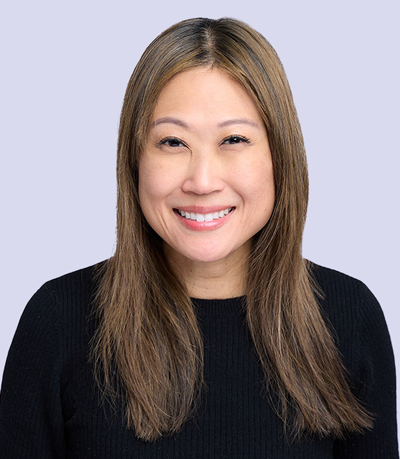



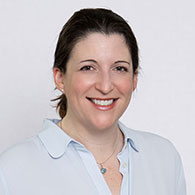

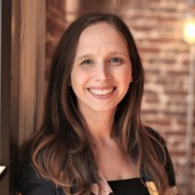



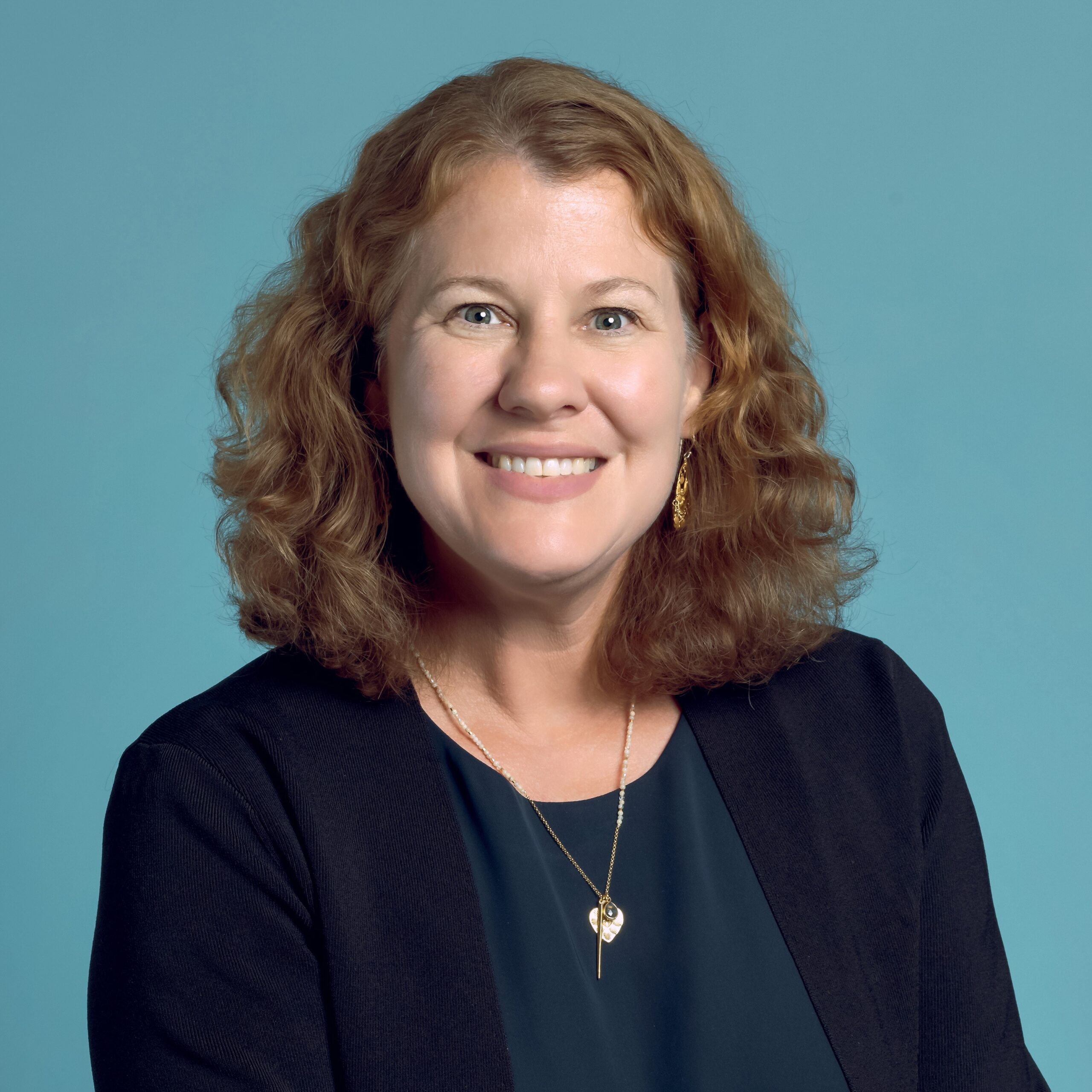





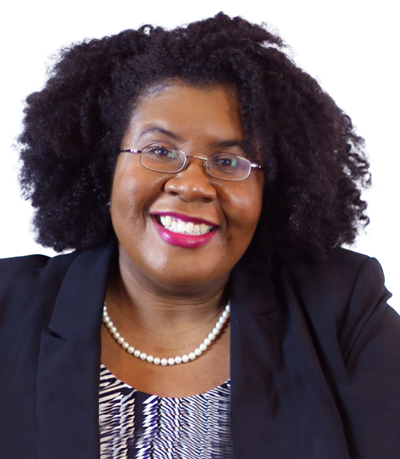



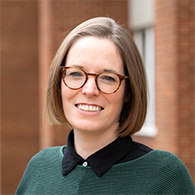



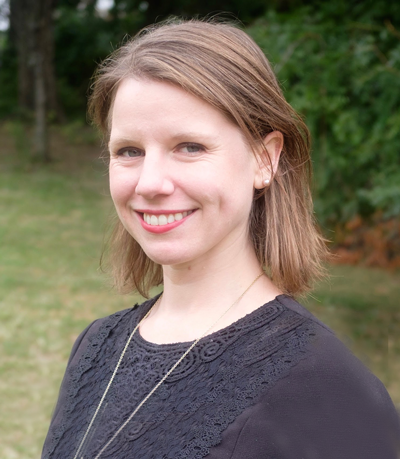

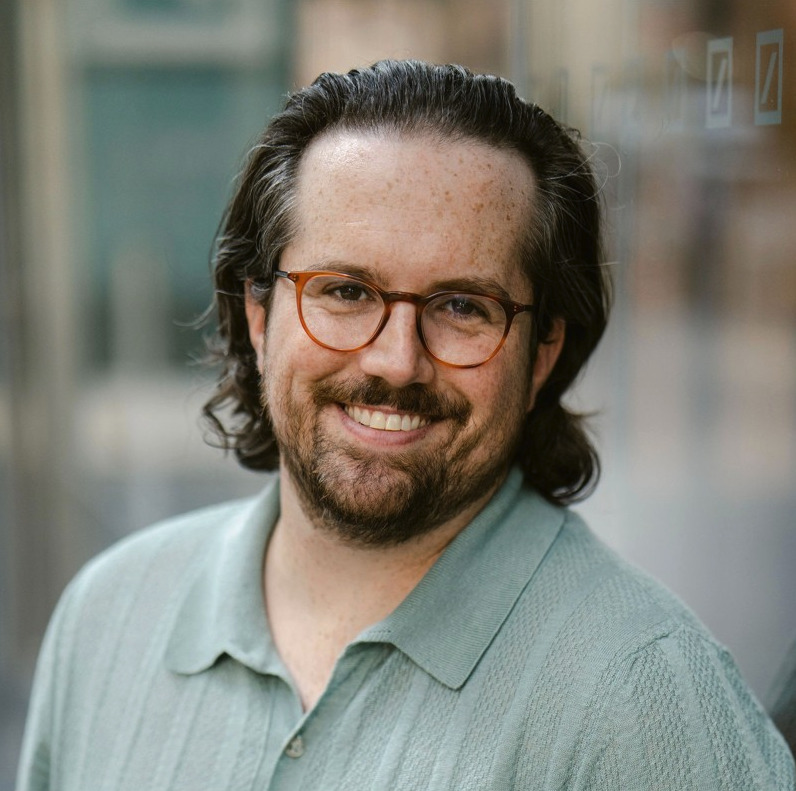

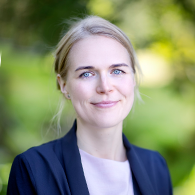



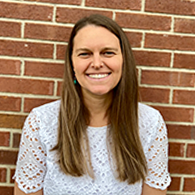



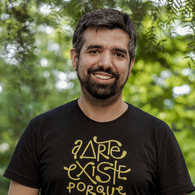



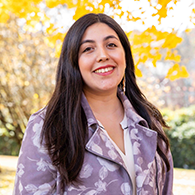



Sameer Sampat co-founded Global School Leaders and was the India School Leadership Institute’s (ISLI) first CEO. Previously, he worked as a researcher with the Education Innovation Laboratory at Harvard University and as a teacher with Teach For America and Adharshila Shikshan Kendra. Sameer earned his B.S. in Electrical Engineering from UCLA and completed a Master’s degree in Economics and Education from Columbia University.
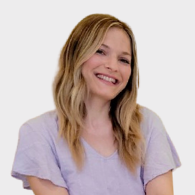


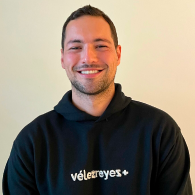

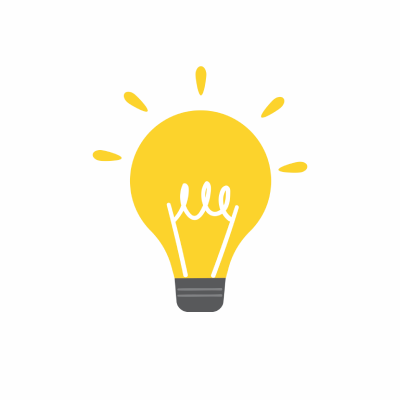
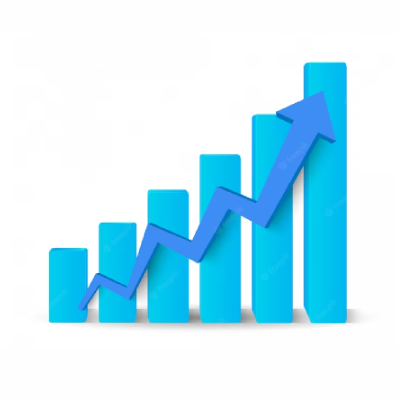
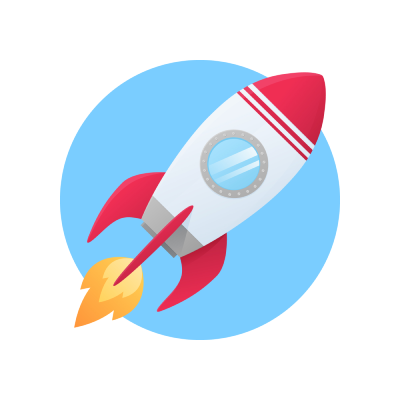
Determine whether you are eligible to apply for the OpenAI Learning Impact Prize (optional).

In partnership with OpenAI, the Tools Competition is thrilled to offer the OpenAI Learning Impact Prize to catalyze the impact of artificial intelligence (AI) on learning outcomes and drive edtech innovation leveraging advanced computational methods.
Competitors across all tracks that indicate an interest in being considered for this award will complete additional requirements when submitting their proposal materials.
Novelty of the tool
and technology
Potential impact and likelihood to
improve learning
Attention to equity to support learning of historically marginalized populations
Demand from learners, families, and educators
Ability to support
learning engineering
Ability to scale to additional users and/or domains
The Tools Competition funds edtech tools and technologies that support learning outcomes and can contribute to learning science research.
Eligible tools have the potential to generate novel learning data that researchers can study to better understand learning at scale. This may include an app, software, algorithm, or other digital technology that facilitates or supports continuous data collection and has the potential to scale at minimal cost.
Please note that this definition is not exhaustive. As technology continues to develop and innovations are created globally, other tool concepts may also be competitive.
Not sure your tool is eligible? Explore winning tools from previous years or get in touch.
Competitors submit an abstract describing the concept for their tool and responding to the evaluation criteria.
Competitors develop a proposal and budget detailing their tool and its technology and responding in detail to the evaluation criteria. Rubrics will be posted when Phase II opens.